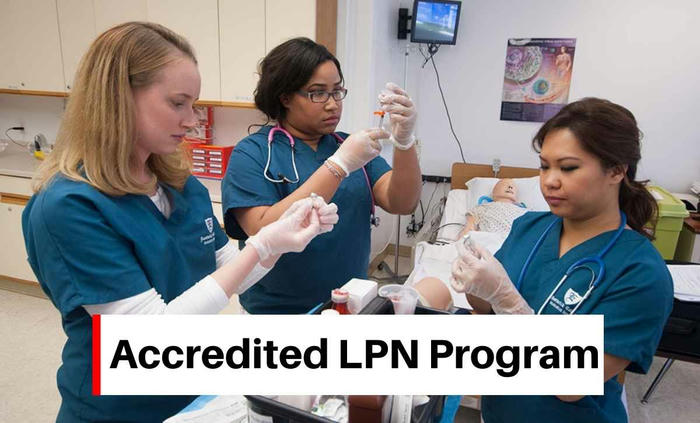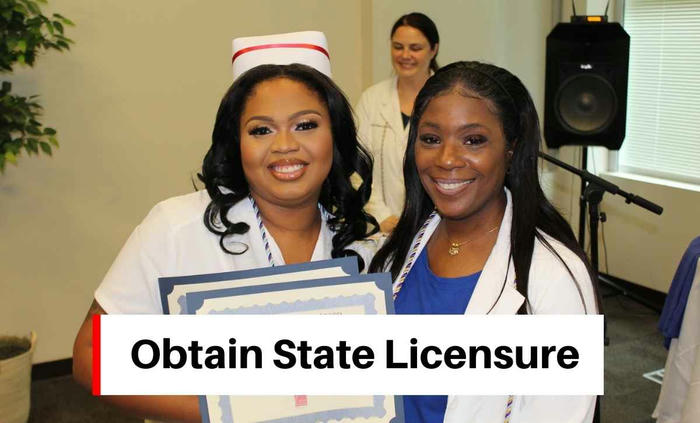Licensed Practical Nurse(LPN) Training: A Rewarding Career Path for Women and Seniors
Licensed Practical Nurses (LPNs) play a vital role in the healthcare system, providing essential care to patients in various settings. For American women and seniors seeking a fulfilling and stable career, LPN training offers an excellent opportunity to enter the nursing profession. This article explores the steps to becoming an LPN, the skills required, and the benefits of this career path.
What is an LPN?
An LPN is a licensed healthcare professional who works under the supervision of registered nurses (RNs) and physicians. LPNs provide basic nursing care, including monitoring patients' health, administering medications, assisting with personal hygiene, and communicating with patients and their families. They work in hospitals, nursing homes, clinics, and private homes, making their role versatile and in demand.

Steps to Become an LPN
Meet the Basic Requirements
To enroll in an LPN program, you must have a high school diploma or GED. Some programs may also require prerequisite courses in biology, math, or English.
Complete an Accredited LPN Program
LPN programs typically take 12 to 18 months to complete and are offered at community colleges, vocational schools, and some hospitals. These programs combine classroom instruction with hands-on clinical experience. Courses cover anatomy, physiology, pharmacology, nursing fundamentals, and patient care techniques.

Pass the NCLEX-PN Exam
After completing the program, graduates must pass the National Council Licensure Examination for Practical Nurses (NCLEX-PN) to obtain their license. This exam tests knowledge and skills essential for safe and effective nursing practice.
Obtain State Licensure
Each state has its own licensing requirements, so it's important to check with your state's nursing board. Once licensed, LPNs can begin working in their chosen healthcare setting.

Skills and Qualities of a Successful LPN
Compassion and Empathy
LPNs work closely with patients who may be experiencing pain or distress. A caring and empathetic attitude is essential for providing comfort and support.
Attention to Detail
Administering medications and monitoring patients' conditions require precision and attention to detail to ensure safety and accuracy.
Communication Skills
LPNs must effectively communicate with patients, families, and other healthcare professionals to coordinate care and provide updates on patients' conditions.
Physical Stamina
Nursing can be physically demanding, requiring long hours on your feet, lifting patients, and performing other tasks that require strength and endurance.
Benefits of an LPN Career
Job Stability and Growth
The demand for LPNs is expected to grow significantly in the coming years due to an aging population and increased healthcare needs. According to the U.S. Bureau of Labor Statistics, employment of LPNs is projected to grow 5% from 2022 to 2032.
Flexible Work Options
LPNs can work in various settings, including hospitals, long-term care facilities, home healthcare, and clinics. This flexibility allows for a work schedule that suits individual needs and preferences.
Opportunities for Advancement
LPNs can further their education to become RNs or specialize in areas such as geriatrics, pediatrics, or wound care. Many LPN-to-RN programs are designed for working professionals, making it easier to balance education and employment.
Personal Fulfillment
Nursing is a rewarding career that allows you to make a positive impact on patients' lives. For women and seniors, this career can provide a sense of purpose and fulfillment.
LPN Training for Seniors
For seniors considering a career change or re-entering the workforce, LPN training is an excellent option. Many programs offer flexible schedules, including evening and weekend classes, to accommodate older students. Additionally, the skills and experience gained through LPN training can be applied to caregiving roles, making it a practical choice for those interested in healthcare.
Resources for LPN Training
Textbooks and Study Guides
Books like Core Curriculum for Infusion Nursing and Wound Care Made Incredibly Easy! provide comprehensive information on nursing practices and procedures.
Online Courses and Tutorials
Many institutions offer online resources to supplement classroom learning and help students prepare for the NCLEX-PN exam.
Professional Organizations
Joining organizations such to the National Association of Licensed Practical Nurses (NALPN) can provide networking opportunities, continuing education, and career support.
Conclusion
LPN training is a practical and rewarding career path for American women and seniors. With relatively short training periods, job stability, and opportunities for advancement, becoming an LPN offers a chance to make a meaningful difference in the lives of others while securing a stable future. Whether you're starting a new career or transitioning into healthcare, LPN training is a step toward a fulfilling and impactful profession.
